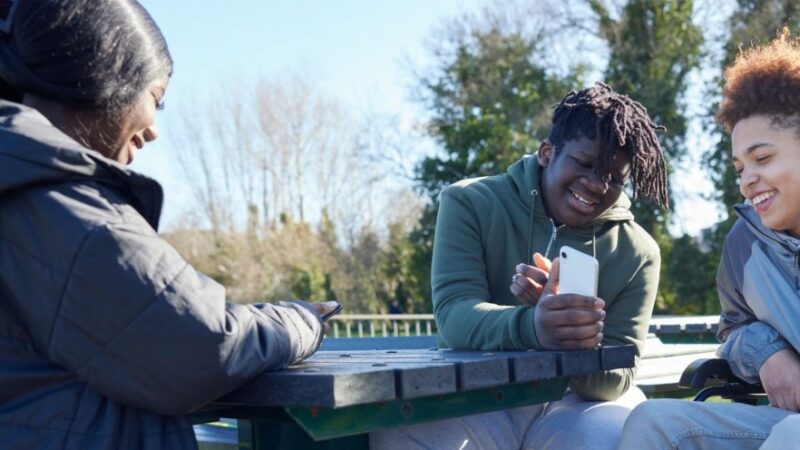Getting involved in research
When you are a participant in research you are asked to contribute data to a project that has already been planned and developed. This could be filling out a survey, speaking to an interviewer or helping to test the effectiveness of an intervention in an experimental study by filling in standardised assessment instruments or doing psychological tests on a computer. You generally will not have a chance to change the design of the research – everything has been decided already
Research participation is tightly governed, and you will usually be asked to read an information sheet and sign a consent form before taking part. Most studies will also need approval from a research ethics committee. You may receive a token thank you payment.
Research involvement means you will take an active role in designing and influencing a study, hopefully from the start, and are involved in the delivery of the work and dissemination of project findings. You are a partner and will receive payment for the work you complete. This is often called Patient and Public Involvement or PPI.
People with lived experience bring different knowledge and perspectives compared to practitioners or academics in a research team.
You can help make sure that relevant research questions are asked. You can also spot and challenge any assumptions that the research team might make.
It’s a great opportunity to improve research but your contribution also helps real people. It can also be enjoyable and have benefits such as learning new skills, making new friends, and sharing your interests and skills with others. Getting involved in research can help your career.
Some people who have worked with us as advisory group members have gone on to secure jobs, or places on university courses.
At McPin, we recruit people to advisory groups for individual research studies and projects. These tend to be first entry points to involvement work.
Advisory groups usually meet both online, using Zoom, and in person. Members of advisory groups often review panel review documents, such as study protocols and participant information sheets, at home via email.
We also have our own Young People’s Advisory Group and a wider Young People’s Network that advises on children and young people’s mental health research.
Research involvement can also mean working as a co-applicant on a research bid, and taking on roles as a co-researcher or peer researcher.
People get involved with research by:
- Working with research funders to prioritise research
- Offering advice as members of an advisory group (sometimes known as a Lived Experience Advisory Group or ‘LEAP’)
- Commenting on and developing research materials such as protocols, information sheets, and advertisements
- Helping to analyse research data
- Undertaking interviews with research participants in a researcher roles
Find more information about getting involved with research in our advisory group information sheet.
The National Institute of Health Research’s website also has more information.
Research advisory groups are members of the public who are chosen to form panels or groups which use their lived experience to give opinions or advice on research studies.
We select group according to the needs of the research opportunity, this may mean that we need people with a certain kind of lived experience. For example, if we were supporting a study about antidepressant medications, we would need people with experience of this.
We are particularly keen to give opportunities to people who have not been involved in research before to ensure we offer opportunities to a wide variety of people.
Some groups of people are generally underrepresented in research involvement so we strive to make our groups as diverse as possible. This might include people without a university education, and people from minoritized racial or ethnic groups – particularly people who identify as Black. Young men are often underrepresented, as well as people from the LGBTQ+ community.
We do not select people according to their academic experience or ability. There is always a minimum of two people reviewing every application.
We will do our very best to ensure that everyone, no matter their background or needs is fully supported. Please do not be put off from applying for an opportunity with us. If you have any kind of need or accessibility requirement, we encourage you to contact us.
If you would like to share your research involvement opportunity with our network, via our regular bulletin and our website, please download and fill in a request form.
Please note that we will use our discretion with regards to which opportunities we promote. We will base this decision on a number of factors, including whether the research aligns with our values as an organisation.
Join our team
If you're interested in finding out about roles in the McPin team, visit our vacancies page to find out about our current opportunities.








